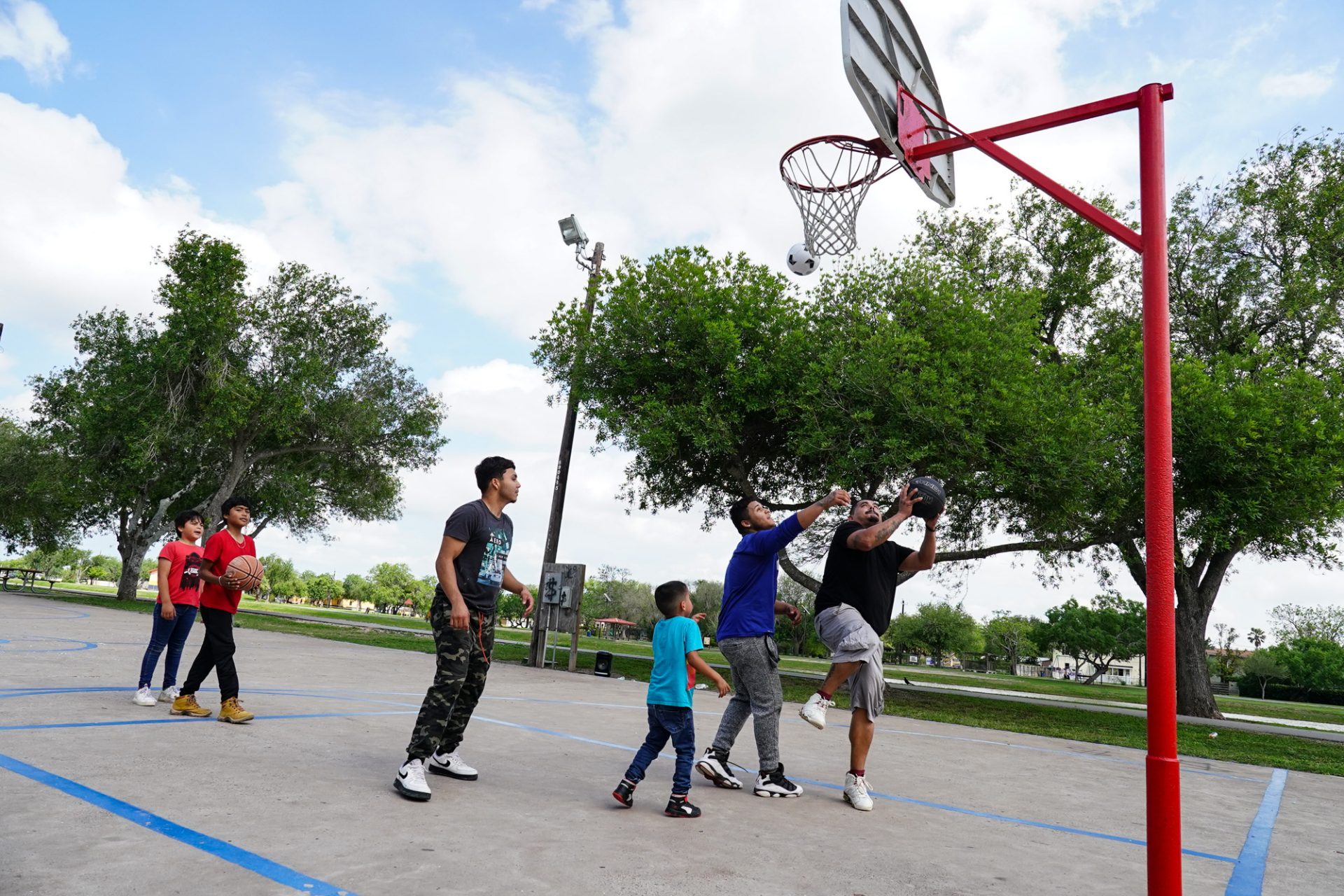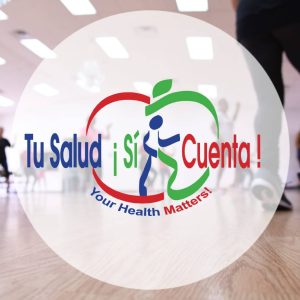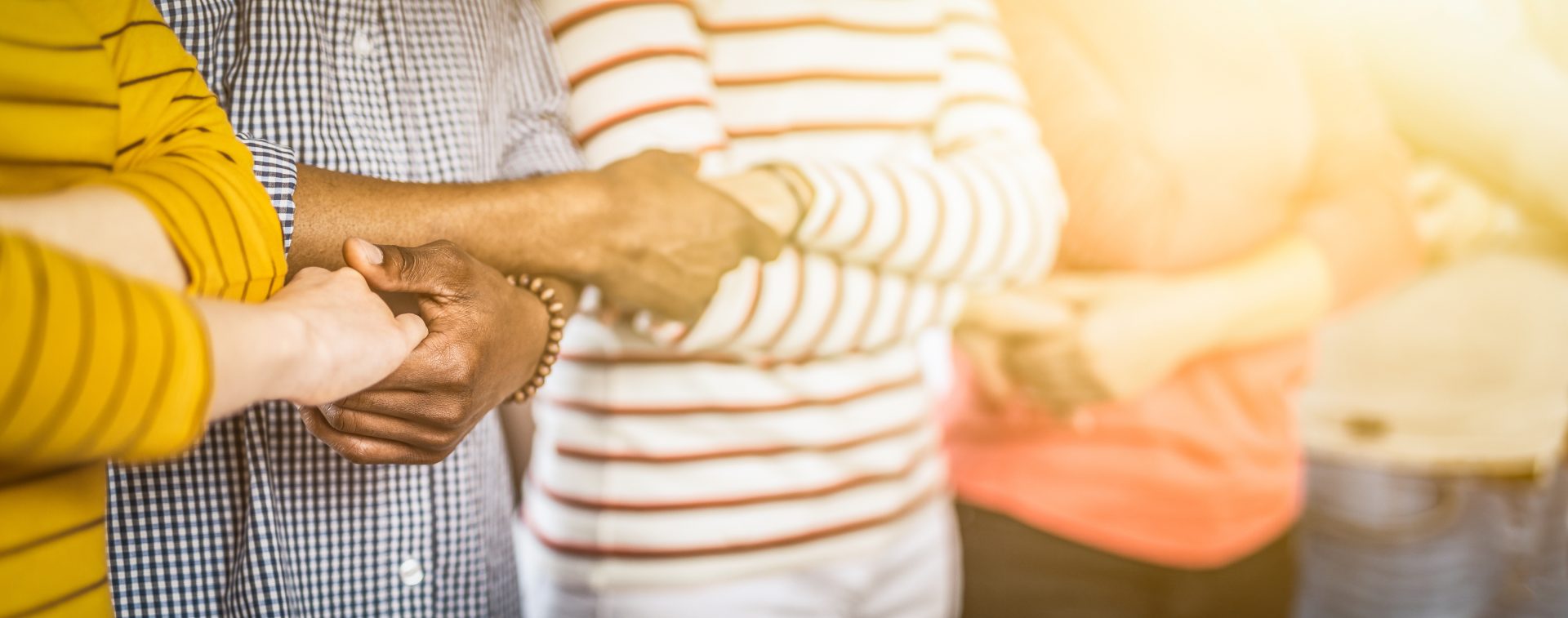|
Only have a minute? Listen instead
Getting your Trinity Audio player ready...
|
In our quest for happiness, as a society we may have turned down the wrong path, so to speak. We mistakenly equate contentment with consumerism, well-being with work and success with achieving individualistic goals.
Rather than improving our happiness, this approach has removed our dependence upon each other, turning us into fiercely independent yet very depressed people who compete rather than share.
“Humans are wired to live in community, because that is how we survived evolutionarily,” according to author Sebastian Junger. For thousands of years we lived in very close quarters, sharing resources and protecting each other in clans or tribes of extended families and neighbors. Some cultures still maintain these close ties, including many families here in the Rio Grande Valley. But as generations assimilate more to mainstream American culture, we are less connected to each other and more divided and “self-sufficient.”
The stability of economic affluence and prosperity is often accompanied by “higher hedges” (and gates and fences and walls) cutting us off from one another. Upward economic mobility can drive geographic mobility as young people venture farther from their family homes for work and education. Religious institutions, churches, synagogues and mosques, have historically served as hubs of community, often based in neighborhoods. Participation in religious institutions has diminished dramatically over the last few decades, leaving many without the opportunity to interact with people outside of their small circles. With the growth of school choice, the neighborhood school as a hub of community is also vanishing, with many children bused or driven across town.
There are times when even our individualistic society organically comes together to form interdependent community. For example, during a natural disaster (or pandemic), we see glimpses of society protecting and supporting each other.
There are other places where this interdependent community life is still very much the norm, but these tend to be in lower-resourced areas, where people also face many barriers like poverty and health disparities. There are some documented contrasts between more affluent societies like the United States and those of less affluent, more communal cultures. For example, in a recent study comparing women in Nigeria with women in the United States, the highest rates of depression were among women from the U.S. The lowest rate of depression was among the rural Nigerian women.
This may be partly cultural, but it may also be linked to the collaboration needed to survive in areas with fewer resources. Whatever the cause, the benefits of social support and community connection to mental health and wellbeing are well documented in the scientific literature, including improved sleep and reduced stress that can lead to improved management of chronic illnesses such as diabetes, hypertension and depression/anxiety.

Our society can and should evolve beyond individualism and adapt new ways of connecting, and valuing those connections. This does happen some through online groups and apps that allow us to connect, gather, socialize, serve and support each other and our common interests. It is also crucial that decision makers and leaders prioritize community building by planning and designing infrastructure, housing, transportation and communal gathering spaces to connect humans with each other and build a sense of health-promoting community. Our educational institutions should emphasize cooperation and collaboration along with individualized success and independence. Parents too should model for their children an openness to connect and create a community of support for each other. Some of the health benefits of increasing our financial prosperity are erased by the negative impact of stress, overconsumption and isolation that result from a focus on production and consumerism.
I recently spoke with some local residents of the Rio Grande Valley about their thoughts on the importance of community and connection in their lives. They shared:
Amanda S.
“Community is an essential piece of health and wellness. Just as I have to work on my health, I also have to work on surrounding myself with genuine people who support my journey. I have to be intentional about creating community, though it doesn’t just happen! But it surely increases my wellbeing.”
Veronica D.
“Community for me is the rich tapestry woven from familiar faces, cultural traditions and public green spaces. It’s the warmth of shared history, the comfort of understanding glances across a crowded mercado, and the unwavering support of neighbors who feel more like family than friends.”
Marbelia S.
“In my life, community takes on the role of different support groups (running/walking group, Taco Tuesday group, Texas Master Naturalist group, work/school group, long-time friends/yoga group, church group, family group). This beautiful community of people provide the physical, social, emotional, spiritual and mental support that every human being craves. Being around people who inspire and motivate you to be the best version of yourself helps us to deal with our deepest demons (depression, anxiety, lethargy, isolation, etc.). Being able to connect with this community of individuals has definitely helped me to lead a healthier and happier life.”

Elisa F. shared:
“It really made a difference when I moved to downtown (Brownsville), where I feel more part of a community. We all live closer together and there is always something going on. It’s so full of culture, noise, music and diverse people. My community are my neighbors and friends, and even the people I say hello to as I walk by the small shops each day. I also enjoy the connection with folks I meet at the many art exhibits and museums close by. Feeling part of a community makes me stronger and healthier.”
It may be useful for all of us to rethink some of our society’s fundamental ideas and beliefs about prosperity, purpose and priorities, remembering the positive impact of community, connection and interdependence, because Tu Salud, Si Cuenta! (Your Health Matters!)
Lisa Mitchell‑Bennett is senior project manager at the UTHealth Houston School of Public Health Brownsville Campus.





